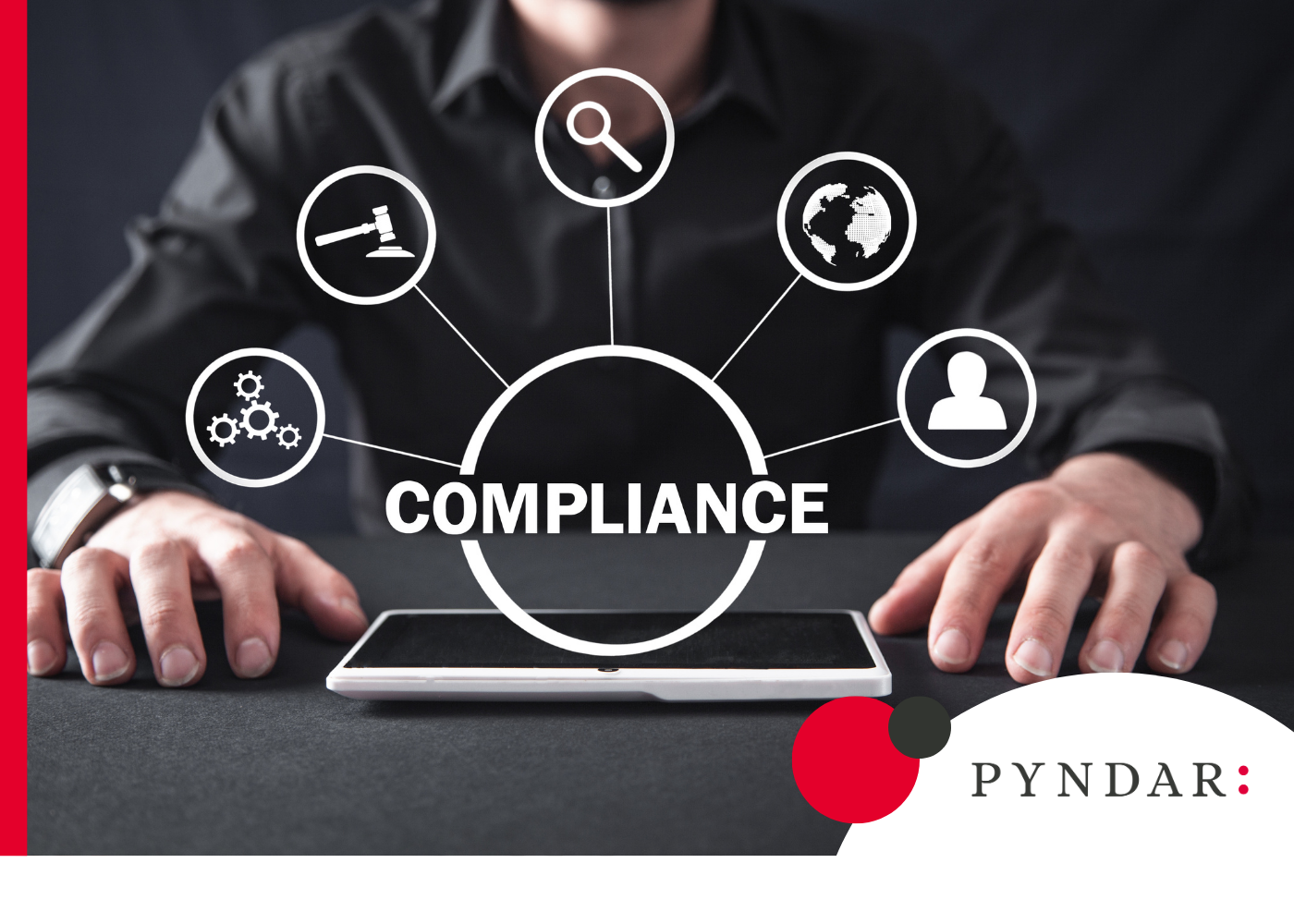The connection between sustainability and staff retention: why it matters
Fostering a culture of sustainability can significantly impact staff satisfaction and long-term commitment. Research from Deloitte reveals that staff working for sustainability leaders experience a profound sense of accomplishment, and are inspired by their companies’ vision and values.
By prioritising sustainability efforts, businesses create attractive environments for talent retention. People look for an organisation where their personal values are aligned with the company’s mission, supporting a sense of purpose and connection.
We spoke to Jack Porter, Head of Professional Services (EMEA), at Acre, sustainable executive search and recruitment specialists, about the part sustainability plays in attracting and retaining talent.
What is driving the growth of recruitment within the sustainability sector?
“The growth in recruitment within the sustainability sector is being driven by more than just salaries. The key motivators for candidates include the impact sustainability professionals can have and how well their values align with the businesses they work for: these are impact-driven individuals.
“Critical factors are ESG (Environmental, Social, and Governance) considerations and commitments to diversity, equity, and inclusion (DEI). Sustainability involves comprehensive transparency and innovation, which are essential for retaining candidates who are passionate about making a difference.”
How can organisations create an attractive environment for sustainability professionals, regardless of their size?
“Collaboration is the first step. Companies need to understand what their employees want to see in sustainability strategies and innovations.
“Training is crucial for retention too, which could include having access to sustainability knowledge platforms and making internal sustainability functions accessible to the whole business. Integrating sustainability across all business areas ensures that even those on the shop floor can engage with and contribute to these initiatives. It sounds simple, but giving teams a sense of control around what is happening in terms of sustainability is hugely important.”
Many businesses find sustainability a daunting subject. How should they approach it?
“The key is to establish what it is that your organisation is looking to achieve, and then to ensure that this is articulated in a way that demonstrates commitment and resilience. Efforts should be aligned with board-level priorities and regulatory requirements like the CSRD (Corporate Sustainability Reporting Directive), which can be very time consuming.
“It is essential to make it clear that the efforts are genuine and not just for compliance; businesses need to want to put sustainability initiatives or processes in place, instead of waiting until it is mandatory.”
How can smaller organisations or those without extensive resources get started with sustainability initiatives?
“Smaller organisations can start small and gradually build their capabilities. Sustainability consultancies can be hugely helpful; it does not need to be an expensive in-house hire. Partnering with boutique consultancies specialising in purpose-driven sustainability is proven to be effective.
“Internally, HR has a massive part to play in terms of sustainability. Working with people day in, day out, HR teams can promote collaboration and take employees on the sustainability journey, giving people the opportunity to put their hand up.
“In terms of connecting with people on an individual level, things like encouraging volunteering days, offering opportunities to monitor individual carbon footprints, and integrating sustainability into everyday business practices are practical steps.”
Is there any research that demonstrates the connection between sustainability and improved staff retention and satisfaction?
“Yes, our 2023/24 Sustainability Census report explores why sustainability professionals left their previous jobs. Major reasons included better compensation (22%), career progression (46%), and the desire to make a greater impact (23%). The fact that more respondents left as a result of their desire to make a greater impact, rather than for a higher salary, is recognition of the importance of sustainability.
“Ensuring that sustainability efforts are ambitious yet achievable is crucial; respondents who were confident in their company’s commitments to sustainability reported an improvement in job satisfaction and retention.”
How important is DEI (Diversity, Equity, and Inclusion) in the sustainability agenda?
“DEI is integral to purposeful ESG. Promoting DEI internally is crucial for achieving overall sustainability goals. In sectors like property and professional services, there is a high level of commitment to DEI.
“It is essential for companies to integrate DEI into their sustainability strategies, not just focusing on net-zero targets but also fostering an inclusive culture. I think that is a key point: net zero has become a bit of a buzzword that companies play on, and how they want to achieve it, instead of looking at ESG and sustainability as a whole.”
How can companies ensure their sustainability efforts are both ambitious and achievable?
“Companies need to set clear, achievable targets and have a strong strategy for meeting them. It is about continuous learning, improvement, and innovation. Leaders should focus on business insight, driving change through collaboration, inclusive leadership, and fostering high-performing teams.
“There is no right answer when it comes to retention, but there are simple things that can certainly help, and a lot of them are focused on softer skills, behaviours, and knowledge. Big, flashy sustainability initiatives are great for attracting talent, but retention relies on creating a supportive, collaborative environment where employees feel their impact is valued and their development is a priority. It is about embedding sustainability into the core of the business and ensuring everyone feels part of the journey.”
To find out more about how we partner with businesses like yours to support sustainable goals, get in touch at transform@pyndar.uk.
Trends & Insights
Reflecting on progress: Facilities management in 2025 and the trends shaping 2026
In this article, we review some of the key developments from 2025 and explore the trends that will define facilities manageme ... Read more
Beyond space and technology: What the office of tomorrow will deliver
The role of the office is evolving rapidly. Hybrid work models, shifting staff expectations, and technological innovation are ... Read more
The top five compliance risks in facilities management
Facilities management (FM) plays a critical role in shaping organisational success. When managed well, it safeguards people, ... Read more



